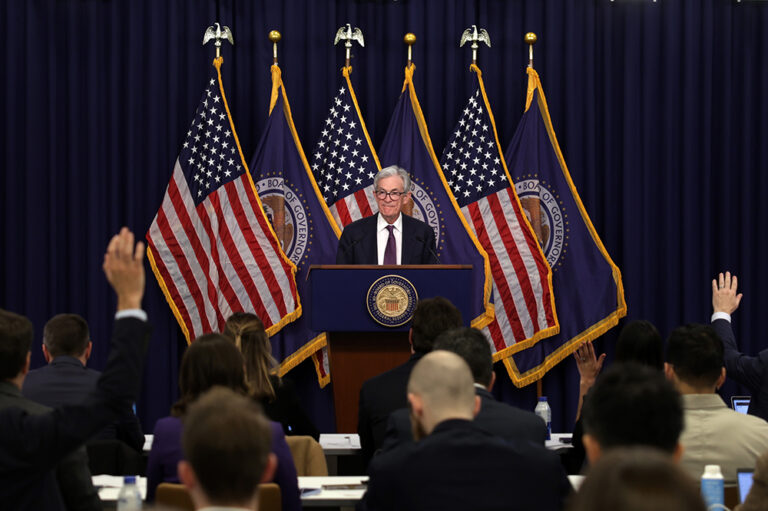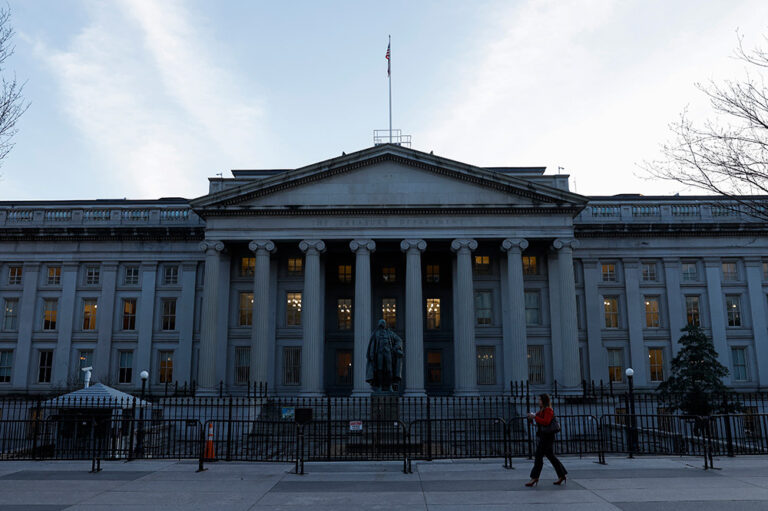As summer turns to fall, members of the United States House of Representatives and Senate return to Washington, D.C., to face a number of important policy decisions and deadlines. While the House was in recess for most of the month of August, the Senate stayed in session. And with Election Day looming, here are a few of the major factors that will define the fiscal and economic debate in the weeks ahead.
- Appropriations. The 2018 Fiscal Year ends on September 30. That means if Congress fails to pass legislation to fund the government by October 1, there will be a partial or full government shutdown. Both the House and the Senate have been making progress, but work remains to meet the deadline. If the House and Senate cannot pass all 12 appropriations bills by the end of the month, they can agree to a continuing resolution, which would temporarily fund the government and avoid a pre-election shutdown.
- Tax Cuts 2.0. Before the August recess, news reports indicated that House leadership is considering a new round of unpaid-for tax cuts, with a potential vote prior to the midterm elections. Following last December’s fiscally irresponsible tax bill, “more debt is the last thing America needs,” according to Foundation Chairman and CEO Michael A. Peterson.
- Third Quarter Economic Growth. The economy grew at a rate of 4.2% for the second quarter of 2018. That’s a strong number, but many economists and experts cite worrying factors ahead that will make this growth rate hard to achieve sustainably over time, especially after the boost from last year’s tax cuts wears off. The nonpartisan Congressional Budget Office projects that GDP growth will decrease to 1.9% in 2020 and remain near that point through 2028. The GDP growth rate for the third quarter, which will be released on October 26, will be closely watched — but more important than any single data point is the long-term trend going forward.
- Budget Process Reform. The bipartisan, bicameral Joint Select Committee on Budget and Appropriations Process Reform faces a November 30 deadline to release a set of recommendations. The committee is examining possible reforms to fix our broken budget process and — ideally — help encourage fiscal responsibility. If the committee can agree on a set of recommendations by the end of November, the full House and Senate would then each need to approve the legislation. See our principles for budget process reform.
- Election Countdown. With just over two months remaining until Election Day, the campaign will begin to take center stage. Download our new Fiscal Toolkit to learn why the 2018 election season is a critical opportunity for candidates to talk to voters about solutions to put us on a better path.
Image credit: Photo by Zach Gibson/Getty Images
Further Reading
The Fed Reduced the Short-Term Rate Again, but Interest Costs Remain High
High interest rates on U.S. Treasury securities increase the federal government’s borrowing costs.
What Types of Securities Does the Treasury Issue?
Let’s take a closer look at a few key characteristics of Treasury borrowing that can affect its budgetary cost.
Quarterly Treasury Refunding Statement: Borrowing Up Year Over Year
Key highlights from the most recent Quarterly Refunding include an increase in anticipated borrowing of $158 billion compared to the same period in the previous year.


